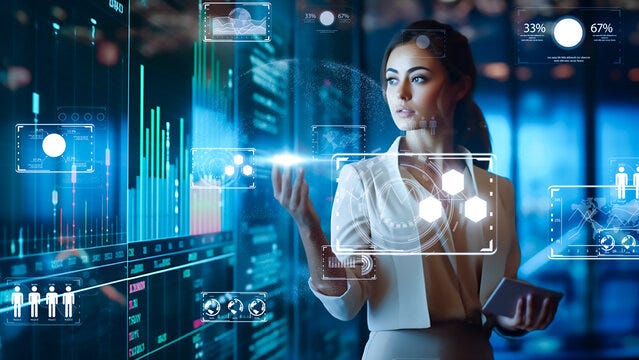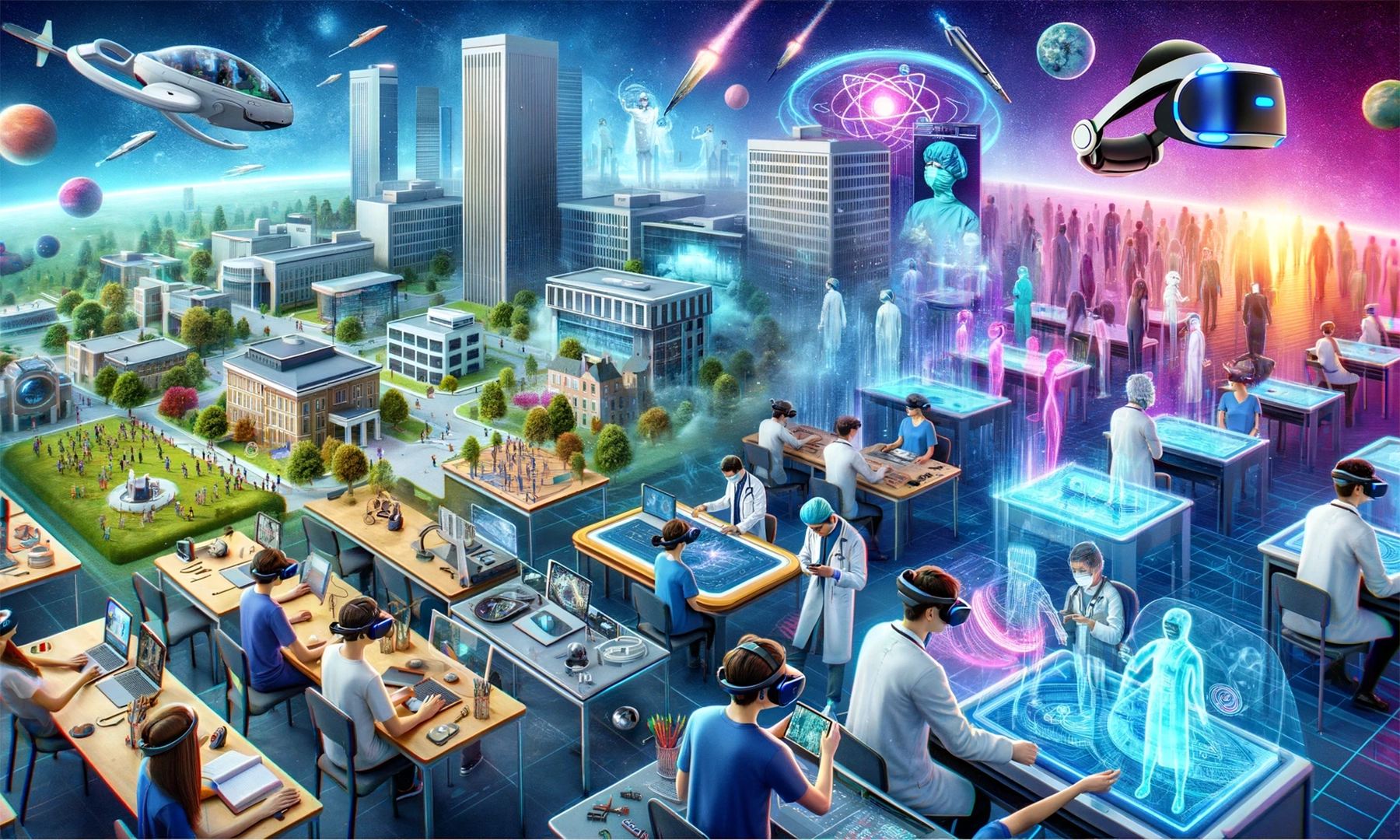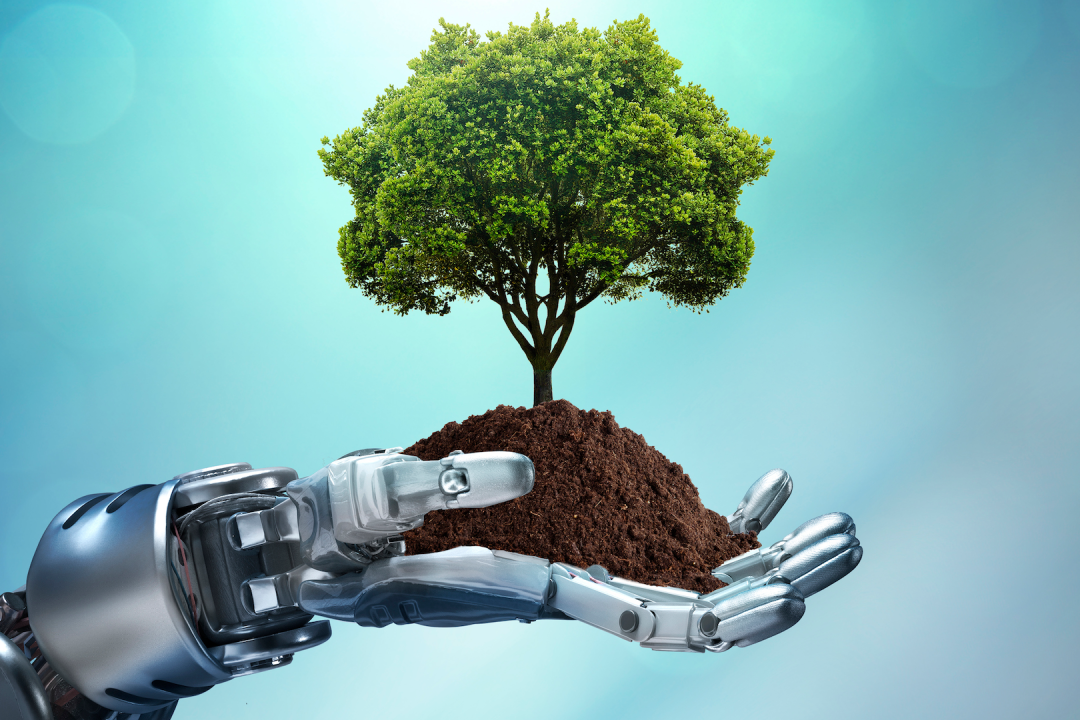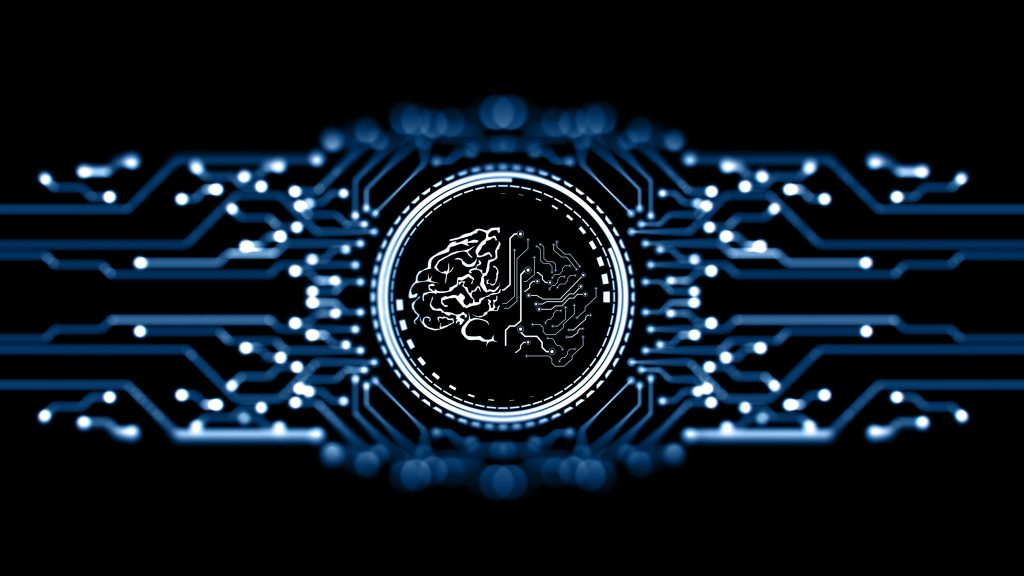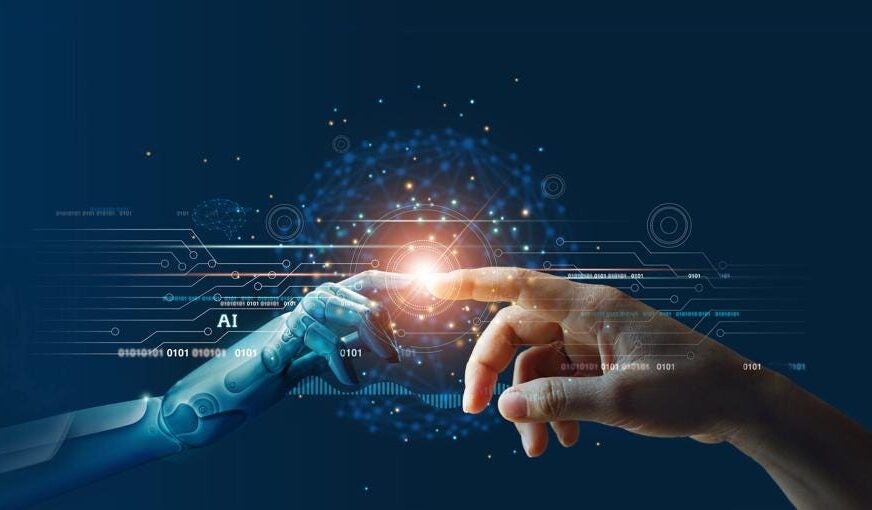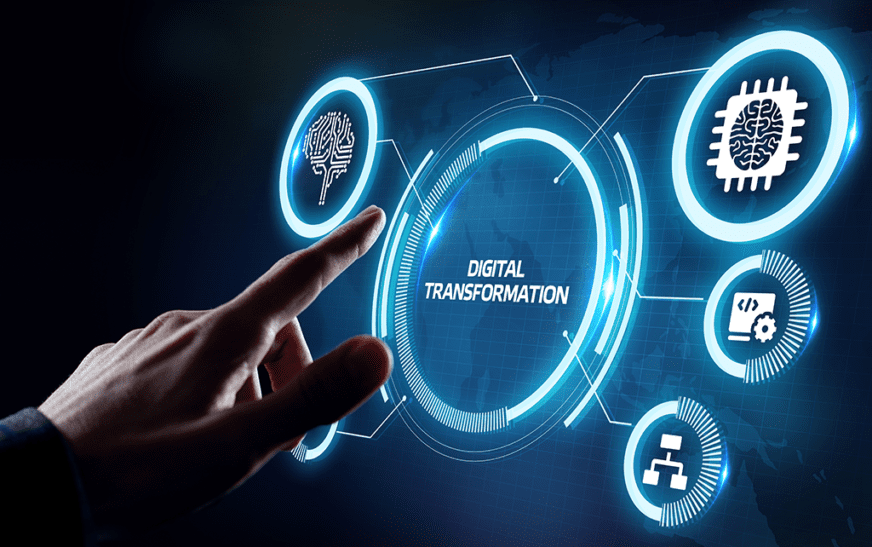The pace of technological progress continues to accelerate, reshaping industry and society alike. Several transformative technological trends are expected for the next decade that will redefine the way we live, work, and interact with the world around us. From artificial intelligence and quantum computing to biotechnology and renewable energy, these innovations are poised to address some of the most pressing challenges facing humanity while opening up new opportunities.
This article explores the most impactful technology trends that will shape the next decade and examines their potential to disrupt industries and drive progress around the world.
1. artificial intelligence and machine learning
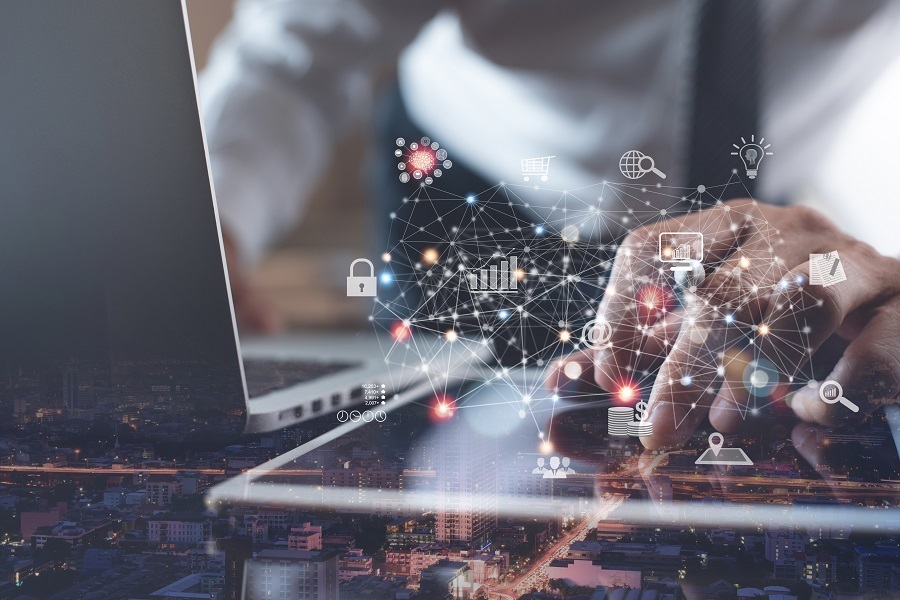
Artificial intelligence (AI) and machine learning (ML) are at the forefront of a technological revolution. Over the past decade, AI has moved from the realm of research to practical applications, impacting fields ranging from healthcare to finance. Over the next decade, AI’s role is expected to expand further, impacting all aspects of life and business.
1.1. AI in Automation
Automation is one of the most important ways AI will shape the future; AI-powered automation is expected to transform industries by optimizing workflows, reducing human error, and increasing productivity. From self-driving cars to robotic process automation (RPA) in the workplace, automation will redefine efficiency in industries such as manufacturing, logistics, and customer service.
1.2. AI in Healthcare
AI has the potential to revolutionize healthcare by improving diagnosis, personalizing treatment plans, and enhancing drug discovery. Machine learning algorithms can analyze medical records, genomic data, and imaging diagnostics to detect diseases faster and more accurately. For example, AI is being used to develop predictive models for cancer diagnosis and treatment. The next decade will see the emergence of AI integrated medical systems that can provide real-time insights and decision support to healthcare professionals.
1.3. AI Ethics and Governance
As AI becomes more prevalent, concerns about ethics and governance will increase; issues related to bias in AI algorithms, data privacy, and potential employment turnover will need to be addressed. Organizations and governments need to develop frameworks for responsible AI development and deployment to ensure that AI benefits society as a whole while minimizing harm.
2. quantum computing
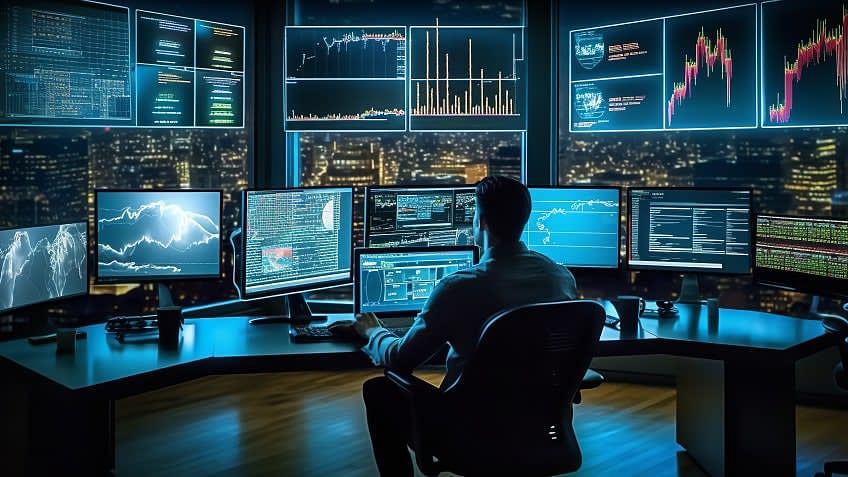
Quantum computing is another emerging technology with the potential to revolutionize entire industries. Unlike classical computers, which use bits to process information in binary numbers (0 or 1), quantum computers use qubits to represent and process multiple states simultaneously. This capability allows quantum computers to solve complex problems much faster than conventional computers.
2.1. advances in problem solving
Quantum computers have the potential to solve problems that are currently unsolvable with classical computers, especially in areas such as cryptography, chemistry, and logistics. For example, quantum computers can break existing encryption protocols, necessitating the development of new quantum-secure encryption methods. In the pharmaceutical field, quantum computers could simulate molecular structures and lead to the discovery of new drugs.
2.2. Challenges of Quantum Computers
Despite their potential, quantum computers are still in their early stages and several challenges remain. Developing stable qubits and reducing error rates are important hurdles that must be overcome. However, companies such as IBM, Google, and Microsoft are rapidly advancing quantum research, and quantum computing is expected to become more practical in the next decade.
3. 5G and the Internet of Things (IoT)
The introduction of 5G networks is expected to accelerate the Internet of Things (IoT), making communication between devices faster and more reliable. 5G promises ultra-low latency, high-speed data transmission, and the ability to connect millions of devices simultaneously, making it a critical infrastructure for the next generation of connected technologies.
3.1. Expansion of the IoT
The IoT has already begun to reshape industries such as healthcare, agriculture, and manufacturing by enabling devices to communicate with each other and make decisions in real time. Over the next decade, 5G will enable the proliferation of smart cities, autonomous vehicles, and intelligent factories. These systems will use data from IoT devices to improve efficiency, reduce energy consumption, and improve quality of life.
3.2. Smart Cities and Infrastructure
Smart cities using 5G and IoT technologies will become a reality in the next decade. These cities will be equipped with sensors that monitor everything from traffic flow to air quality, enabling city planners to optimize the urban environment. For example, intelligent transportation systems will ease traffic congestion and minimize emissions, and smart grids will manage energy consumption more efficiently, reducing waste and increasing sustainability.
4. biotechnology and genetic engineering
Biotechnology and genetic engineering will transform industries such as agriculture, medicine, and energy. advances in CRISPR (Clustered Regularly Interspaced Short Palindromic Repeats) gene editing technology will allow scientists to make precise modifications to DNA This is creating new possibilities for disease treatment, crop development, and bioenergy production.
4.1. gene editing and personalized medicine
Gene editing is revolutionizing medicine by enabling the development of personalized treatments for genetic disorders; CRISPR technology allows scientists to target and modify specific genes, potentially curing hereditary diseases. The next decade will see major advances in gene therapy as it is applied to treat diseases such as sickle cell anemia, muscular dystrophy, and even cancer.
4.2. agricultural biotechnology
In the agricultural sector, biotechnology will enable the development of crops that are more resistant to climate change, pests, and disease. Genetically modified organisms (GMOs) can be manipulated to yield more food with less water and fewer pesticides, helping to address global food security challenges. In addition, biotechnology could create laboratory-grown meat and other alternative protein sources to reduce the environmental impact of conventional livestock production.
5. blockchain and decentralized technology
Blockchain technology is best known as the backbone of cryptocurrencies such as Bitcoin and Ethereum, but it has widespread applications beyond digital currency. The decentralized, transparent, and secure nature of blockchain makes it an ideal solution for industries that require trust, accountability, and data integrity.
5.1. supply chain management
One of the most promising applications of blockchain is supply chain management. Blockchain can provide end-to-end visibility in the supply chain, ensuring that all transactions are recorded and verified. This technology can help reduce fraud, improve traceability, and increase efficiency in industries such as manufacturing, retail, and pharmaceuticals. Companies such as Wal-Mart and Nestle are already using blockchain to track the origin of their products.
5.2. decentralized finance (DeFi)
Blockchain is also driving the rise of decentralized finance (DeFi), which aims to replicate traditional financial systems such as lending, insurance, and exchanges on a blockchain platform. DeFi reduces costs and increases user accessibility by eliminating intermediaries like banks. As blockchain technology matures, decentralized applications (dApps) in the financial sector are expected to become more prevalent.
6. Sustainability and Renewable Energy Technologies
As the world faces the urgent challenge of climate change, technology plays a critical role in developing sustainable solutions. The next decade will see rapid advances in renewable energy, energy storage, and carbon capture technologies aimed at mitigating the impact of human activities on the environment.
6.1. advances in solar and wind energy
Solar and wind energy are expected to become the dominant energy sources over the next decade as costs decline and efficiency increases. Technological innovations in solar panel materials and wind turbine design are making renewable energy more accessible and affordable than ever. Countries around the world are investing in renewable infrastructure to reduce their dependence on fossil fuels and meet ambitious carbon reduction targets.
6.2. energy storage and grid modernization
Energy storage technologies, especially in the form of batteries, are critical to the deployment of renewable energy. Innovations in battery technology, such as solid-state and flow batteries, will increase the capacity and lifetime of energy storage systems and enhance the reliability of renewable energy. In addition, smart grids will leverage AI and IoT to optimize energy distribution and consumption, reduce waste, and improve the resiliency of energy infrastructure.
7. augmented reality (xr): ar, vr, mr
Augmented reality (XR) encompasses augmented reality (AR), virtual reality (VR), and mixed reality (MR) and is reshaping industries such as entertainment, education, and healthcare. These immersive technologies enable users to interact with their digital environments in new and innovative ways.
7.1. immersive education and training
In the field of education and training, XR technologies enable immersive learning experiences that simulate real-world scenarios. For example, medical students can use VR to practice surgery in a risk-free environment, and companies can use AR to enhance on-the-job training for their employees. These technologies provide hands-on, interactive learning opportunities that are more engaging and effective than traditional methods.
7.2. entertainment and gaming
XR will continue to transform the entertainment and gaming industries. The next decade will see more immersive, interactive content that allows users to enter virtual worlds and engage with stories in new ways. Meta’s (formerly Facebook) investment in the Metaverse reflects the growing interest in building virtual environments where people can interact, work, and play.
8. cybersecurity in the age of digital transformation
As more industries adopt digital transformation, cybersecurity will become increasingly important. The next decade will see an increasing focus on protecting data, systems, and devices from cyber threats. The rise of remote work, IoT, and 5G have expanded the attack surface for cybercriminals, making robust cybersecurity solutions essential.

